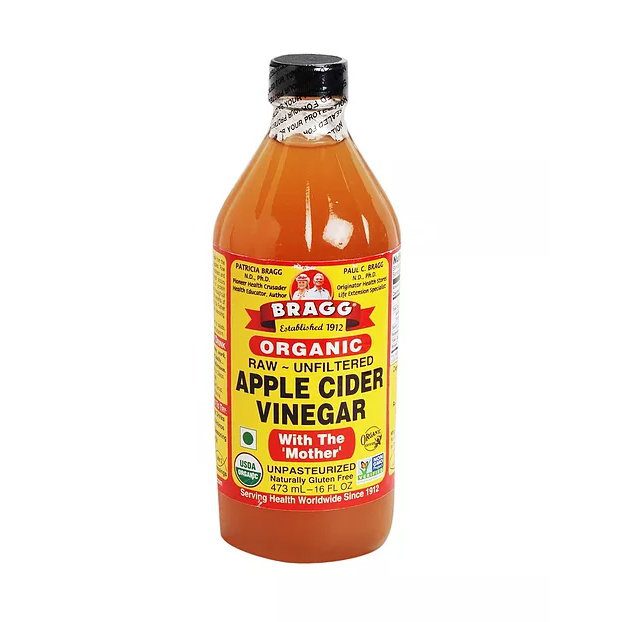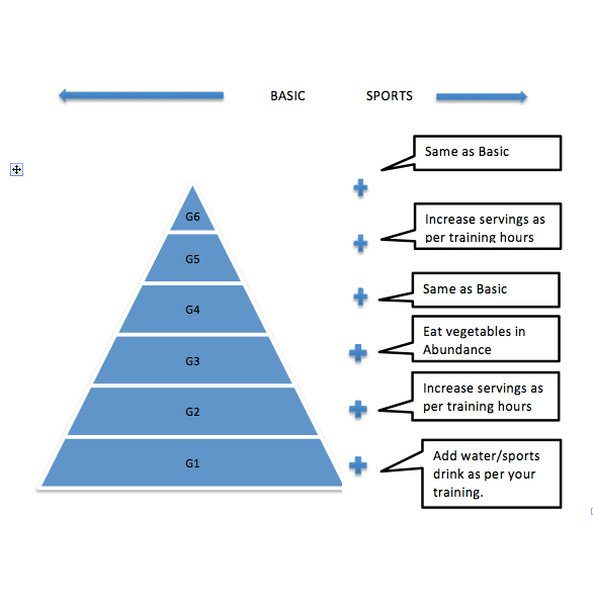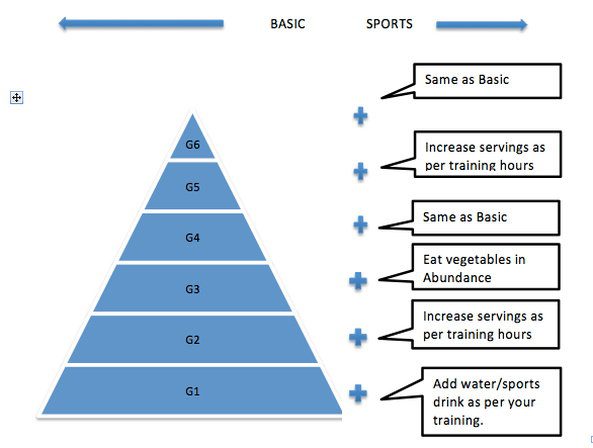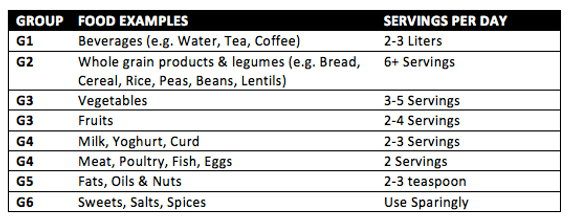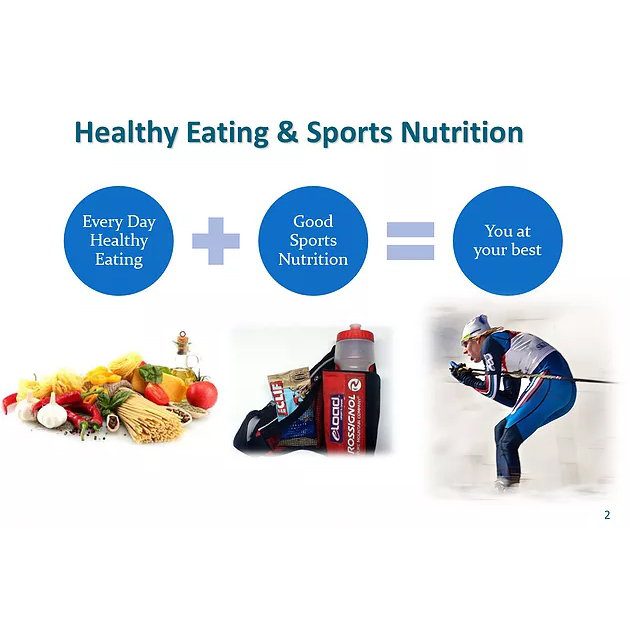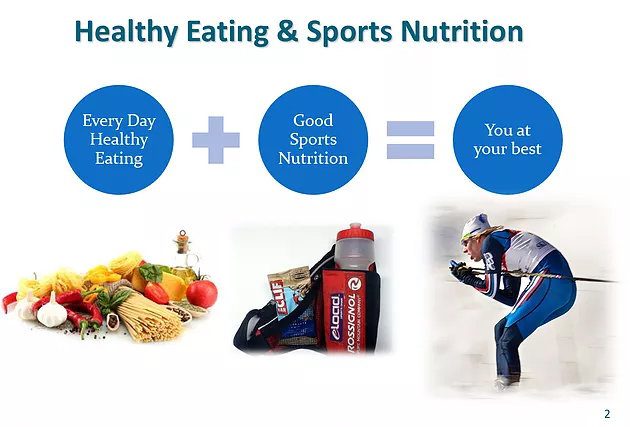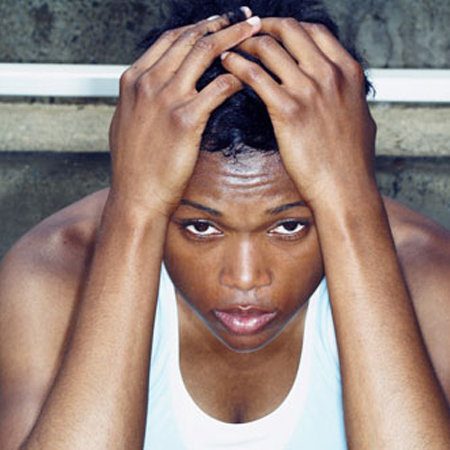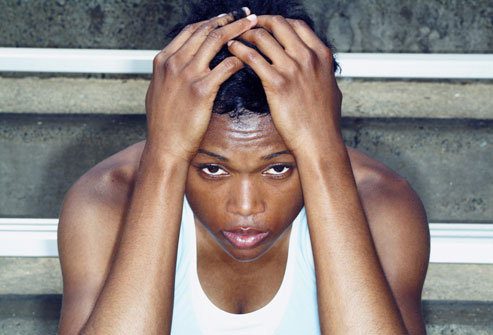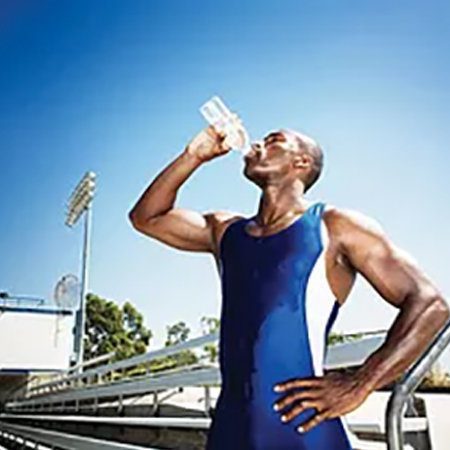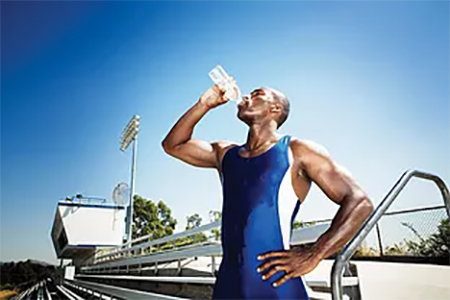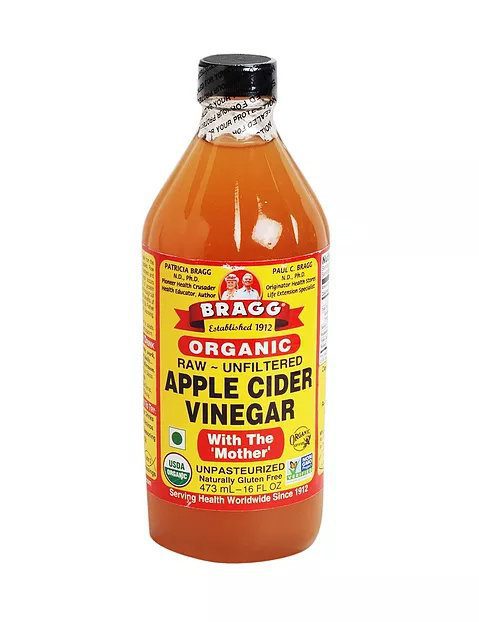
Top 13 Health Benefits of Apple Cider Vineger
- Helps in reduction of abdominal fat
- Improves insulin sensitivity and helps in lowering blood sugar responses post meals
- Anti-bacterial & anti-microbial properties
- Improves heart health
- Good for Skin glow
- Aids digestion
- Helps to detoxify your body
- Boosts immunity
- Can reduce blood triglycerides, cholesterol and blood pressure
- Reduces sugar craving
- Helps in treating acid reflux by maintaining PH levels.
- Reduces risks of chronic diseases and helps in boosting energy levels
- Contains probiotics (good bacteria that helps to keep you healthy)
Note: Apple cider vinegar is not a probiotic, but it is prepared with an ingredient that is helpful to probiotics.
How to Consume Apple Cider Vinegar
Option 1: Add 1 tbsp of apple cider vinegar in 1 glass of lukewarm water and drink it 30 minutes before each meal to speed up your weight loss
Option 2: Add 1 tbsp of apple cider vinegar in 1 glass of lukewarm water and drink this mix twice a day
Option 3: Add 1 tsp of cinnamon and 2-3 tbsp of apple cider vinegar in 1 glass of lukewarm water and drink it 30 minutes before each meal
Option 4: Add 1 tsp of Maple syrup and 1 tbsp of apple cider vinegar in 1 glass of lukewarm water and Drink it 2-3 times daily
Recommendation
Use organic, unfiltered apple cider vinegar with the “Mother” label. Bragg is one of the most popular options. You should use ACV with the label as “with the mother” which is a friendly bacteria and should be raw & unfiltered.
Warning
If you are on any medications then consult with your doctor before taking it
Don’t drink too much as this will have negative effects
If you have any questions regarding nutrition tips or weight loss, please schedule an online appointment for a diet consultation with Dt. Silky Mahajan for expert guidance.
Please send us an email at info@foodsandnutrition.in or call on 7829999400 between 10:00 AM IST – 7:00 PM IST (Mon – Sat).






